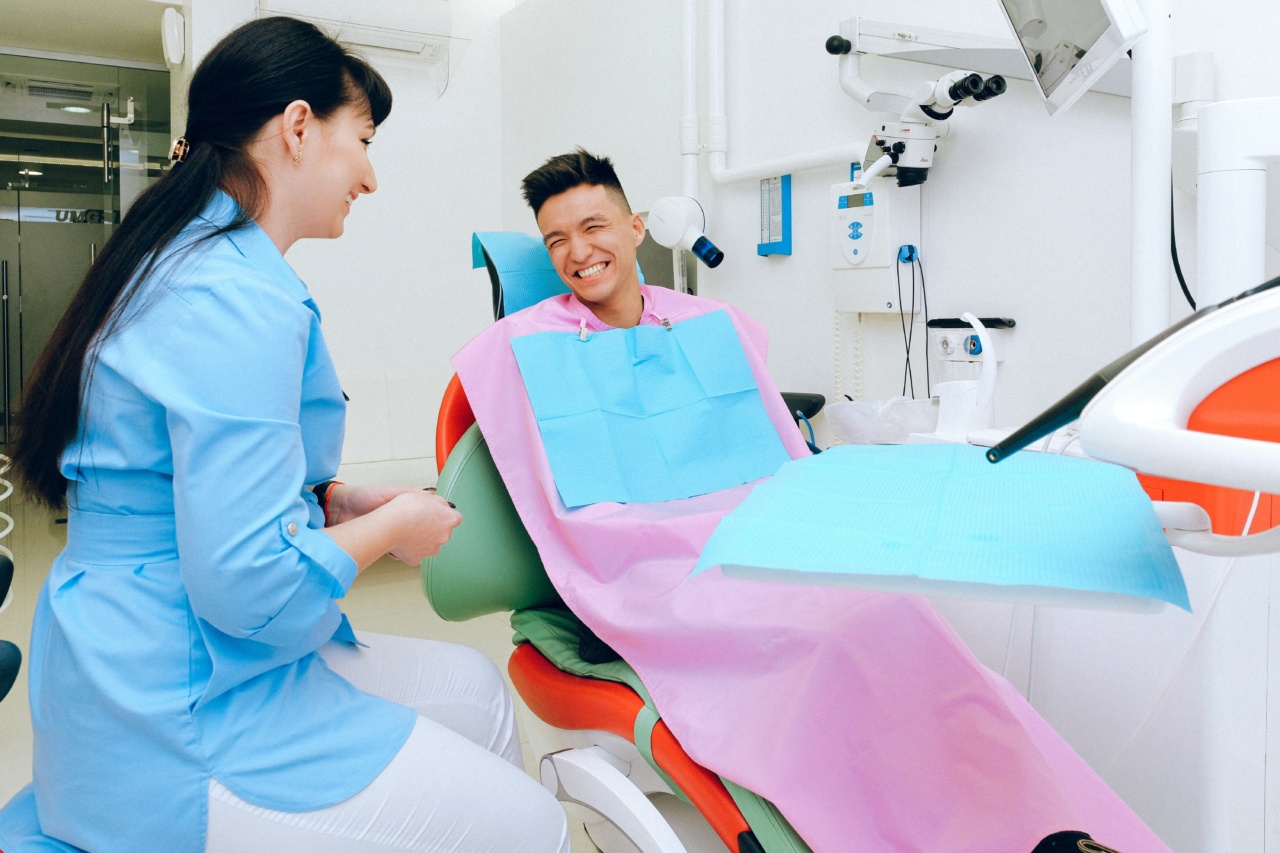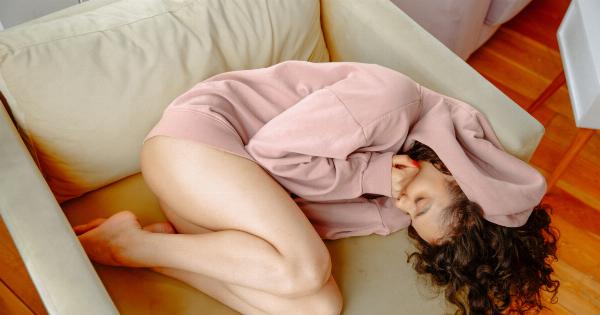Menstrual cramps, also known as dysmenorrhea, are a common concern for many women during their reproductive years. These cramps can range from mild discomfort to severe pain, interfering with daily activities and quality of life.
In this article, we will explore expert advice on dealing with menstrual cramps and finding relief.
The Causes of Menstrual Cramps
Menstrual cramps are typically caused by the contractions of the uterus as it sheds its lining during menstruation. These contractions help expel the uterine lining through the cervix and out of the body.
However, when the uterine contractions are too strong, they can cause pain and discomfort.
Prostaglandins, hormone-like substances released by the uterine lining, play a significant role in causing menstrual cramps. Higher levels of prostaglandins lead to more intense contractions and increased pain.
Other factors that can contribute to menstrual cramps include:.
- Endometriosis
- Fibroids
- Adenomyosis
- Pelvic inflammatory disease (PID)
Expert Advice for Dealing with Menstrual Cramps
While menstrual cramps can be bothersome, there are various ways to find relief. Here are some expert tips to help you manage and alleviate menstrual cramps:.
1. Pain Medications
Over-the-counter pain medications such as nonsteroidal anti-inflammatory drugs (NSAIDs) are often recommended to relieve menstrual cramps. Medications like ibuprofen and naproxen sodium can help reduce inflammation and relieve pain.
It is essential to follow the recommended dosage and consult with your healthcare provider if you have any concerns or medical conditions.
2. Applying Heat
Applying heat to the lower abdomen can provide significant relief from menstrual cramps. You can use a heating pad, hot water bottle, or take a warm bath to relax the muscles and reduce pain.
Heat helps increase blood flow and relaxes the contracting muscles, easing the discomfort caused by cramps.
3. Exercise and Physical Activity
Engaging in regular physical activity and exercise can help reduce the severity of menstrual cramps. Exercise stimulates the release of endorphins, which are natural painkillers and mood elevators.
Activities like walking, swimming, and yoga can help relax the uterine muscles, alleviate cramps, and improve overall well-being.
4. Herbal Remedies
Some herbal remedies have been found to be effective in relieving menstrual cramps. For example, ginger has anti-inflammatory properties that can help reduce pain. Chamomile tea, known for its calming effects, may also help alleviate discomfort.
However, it is crucial to consult with a healthcare professional before using any herbal remedies to ensure they are safe for you.
5. Dietary Changes
Making certain dietary changes can potentially reduce the severity of menstrual cramps. Increasing your intake of foods rich in omega-3 fatty acids, such as fatty fish and flaxseeds, may help reduce inflammation and alleviate cramps.
Additionally, reducing your consumption of caffeine, alcohol, and processed foods can have a positive impact on menstrual cramps.
6. Hormonal Birth Control
For individuals who experience severe menstrual cramps, hormonal birth control methods can be highly effective.
Birth control pills, patches, or hormonal intrauterine devices (IUDs) can help regulate hormonal imbalances and reduce the intensity of uterine contractions. It is essential to discuss the best options with your healthcare provider based on your individual needs and medical history.
7. Relaxation and Stress Management
Stress can intensify menstrual cramps, so finding effective relaxation techniques is crucial. Engaging in activities such as meditation, deep breathing exercises, and mindfulness practices can help relax the body and reduce cramp severity.
Additionally, getting enough sleep and implementing stress management strategies in your daily routine can have a positive impact on menstrual cramps.
8. Acupuncture
Acupuncture, an ancient Chinese practice, involves inserting thin needles into specific points on the body. This holistic approach has shown promising results in reducing menstrual cramps.
By stimulating specific points, acupuncture can help release endorphins, reduce inflammation, and promote overall well-being.
9. Transcutaneous Electrical Nerve Stimulation (TENS)
TENS therapy involves the use of low-voltage electrical currents to alleviate pain. This non-invasive treatment method can be used to relieve menstrual cramps by placing electrode patches on the lower abdomen.
TENS therapy is believed to work by stimulating nerves, blocking pain signals, and increasing endorphin production.
10. Talk to Your Healthcare Provider
If your menstrual cramps are severe, significantly impacting your daily life, or are accompanied by other concerning symptoms, it is crucial to consult with your healthcare provider.
They can perform a thorough evaluation, identify any underlying conditions, and provide appropriate medical advice and treatment options tailored to your needs.
Conclusion
Menstrual cramps can range from mildly uncomfortable to debilitating, but with the right strategies, they can be managed effectively. Understanding the causes and seeking expert advice can help ensure you find relief from menstrual cramps.
By trying a combination of pain medications, heat therapy, exercise, herbal remedies, and other techniques, you can discover what works best for you to ease menstrual cramps and improve your overall well-being.


























